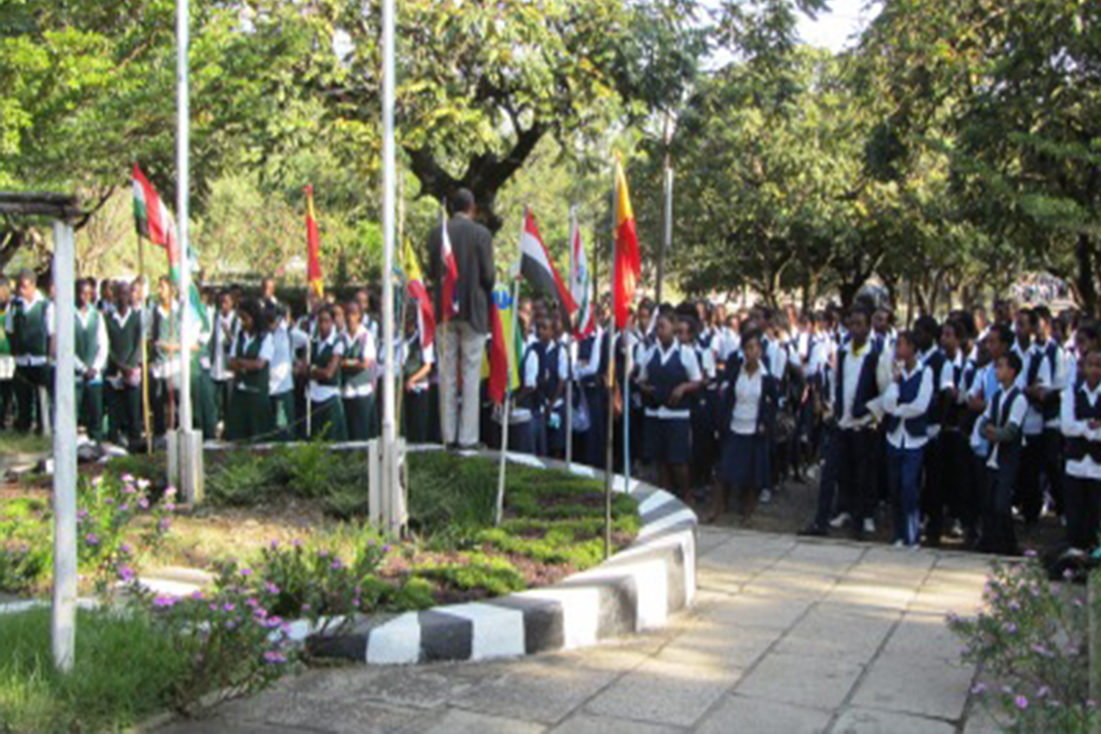
ABSTRACT: The primary goal of this study was to investigate the practise and problems of school improvement programme implementation in Hawassa City Administration Government Secondary Schools, with a focus on perceptions, practices, and challenges that affect its proper implementation, and to find solutions to ensure the success of SIP in Hawassa City Administration Government Secondary Schools. A mixed study strategy that included both quantitative and qualitative data was used to accomplish this goal. The research was carried out at four secondary schools in the Hawasa City Administration. Teachers, administrators, school board members, PTA members, student councils, and Hawasa City Education Department officials were the primary data sources. The sample teacher respondents were chosen using a simple random sampling approach, whereas school boards, principals, vice principals, educational officers, SIC, and PTA members were chosen using a purposive sampling technique. The information was gathered through questionnaires, interviews, and focus groups. After collecting the data, it was processed using SPSS-V20 software and evaluated using descriptive statistics such as frequency, percentage, mean, standard deviations, and ranges. Furthermore, the t-test was employed to assess the association between teachers' and other respondents' replies to study variables. The study's findings revealed that the level of engagement of teachers, leaders, and parents in planning and executing SIP was low; the system for monitoring and evaluation used to support SIP implementation was unable to properly conduct SIP. Furthermore, the majority of the activities across the four domains were carried out at a moderate level. Overall SIP adoption was moderate as a result of the study's findings. A lack of a properly prepared plan for SIP implementation, a lack of proper understanding of SIP at the school level, a weak monitoring and evaluation system of SIP, a lack of leadership capacity, different organs of the school not properly understanding their role in SIP, a lack of sufficient stakeholder involvement in SIP, and a lack of attention for SIP were major factors that hampered SIP implementation. To address the challenges and improve the implementation of SIP, it was suggested that schools prepare adequate awareness-creation programs to ensure practical involvement of all stakeholders in SIP implementation, make school committees functional, and strengthen monitoring and evaluation of school improvement programme implementation.
Keywords: School Improvement Program, Primary and Secondary Education
